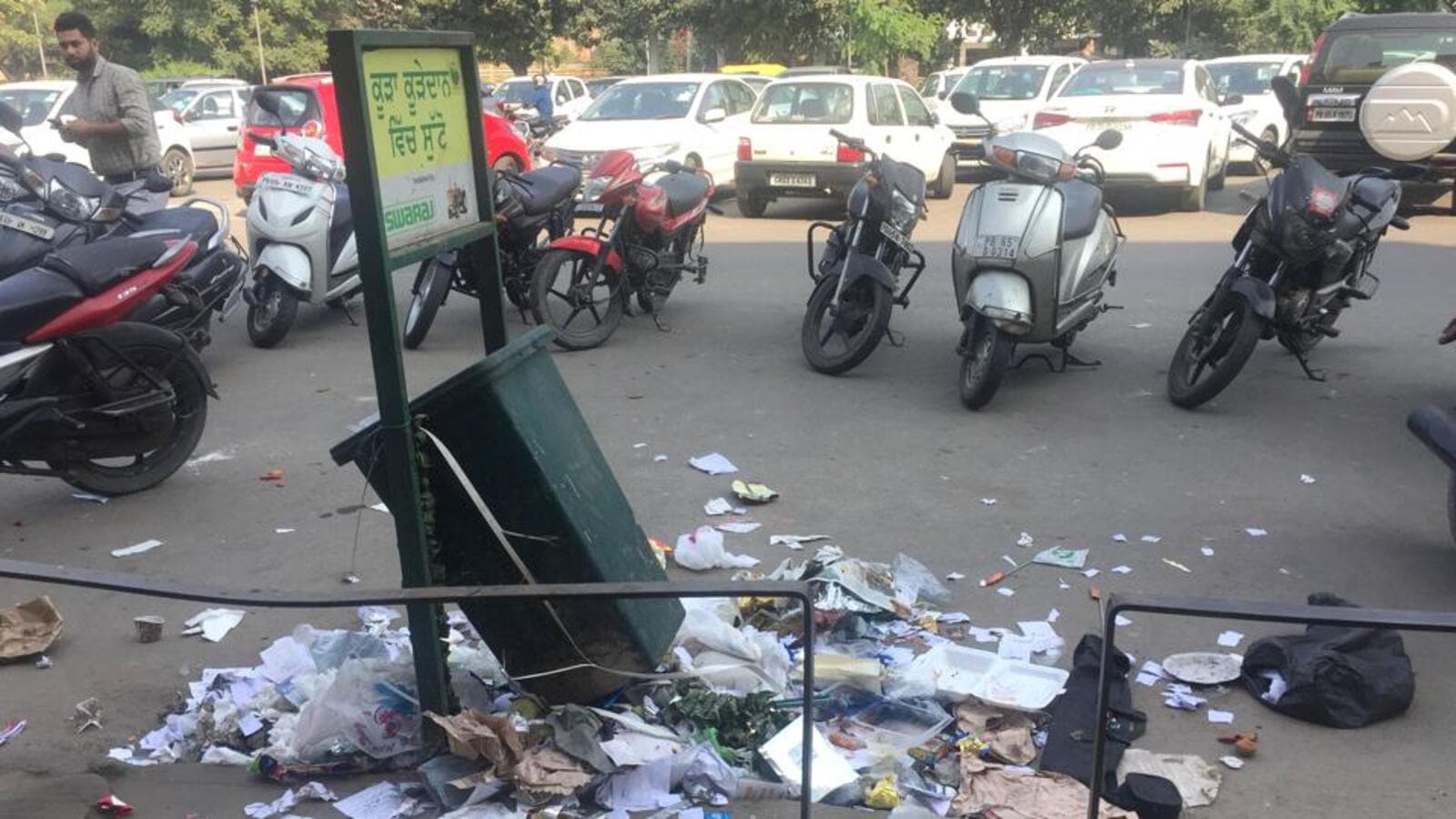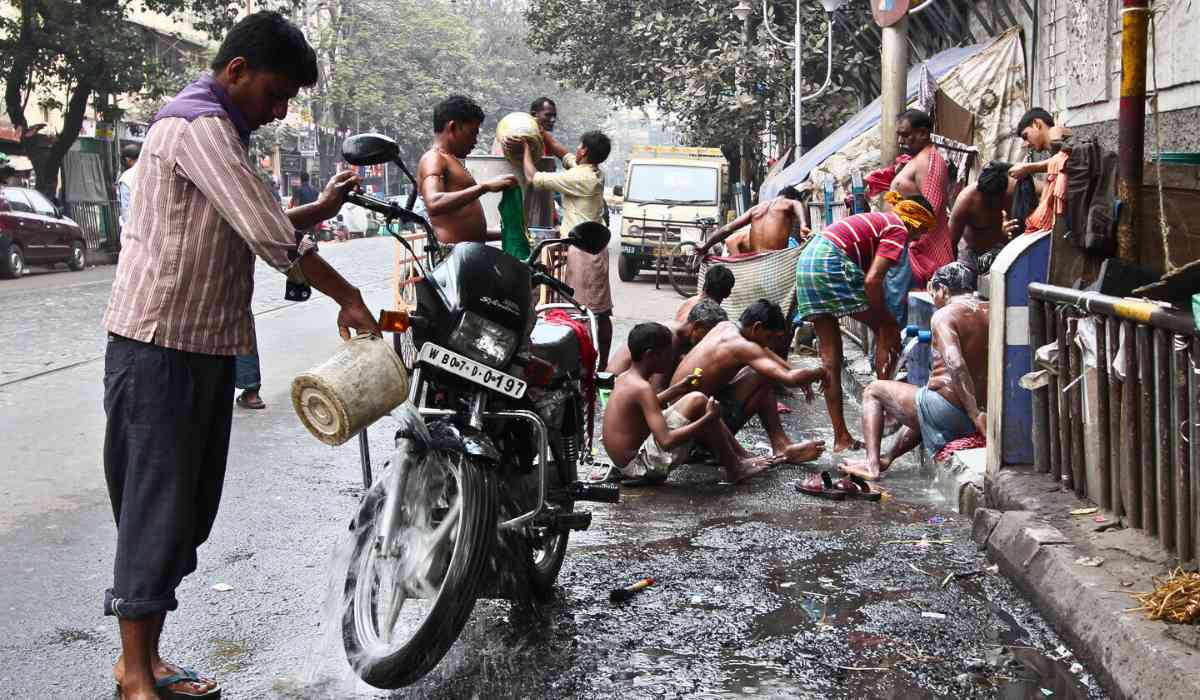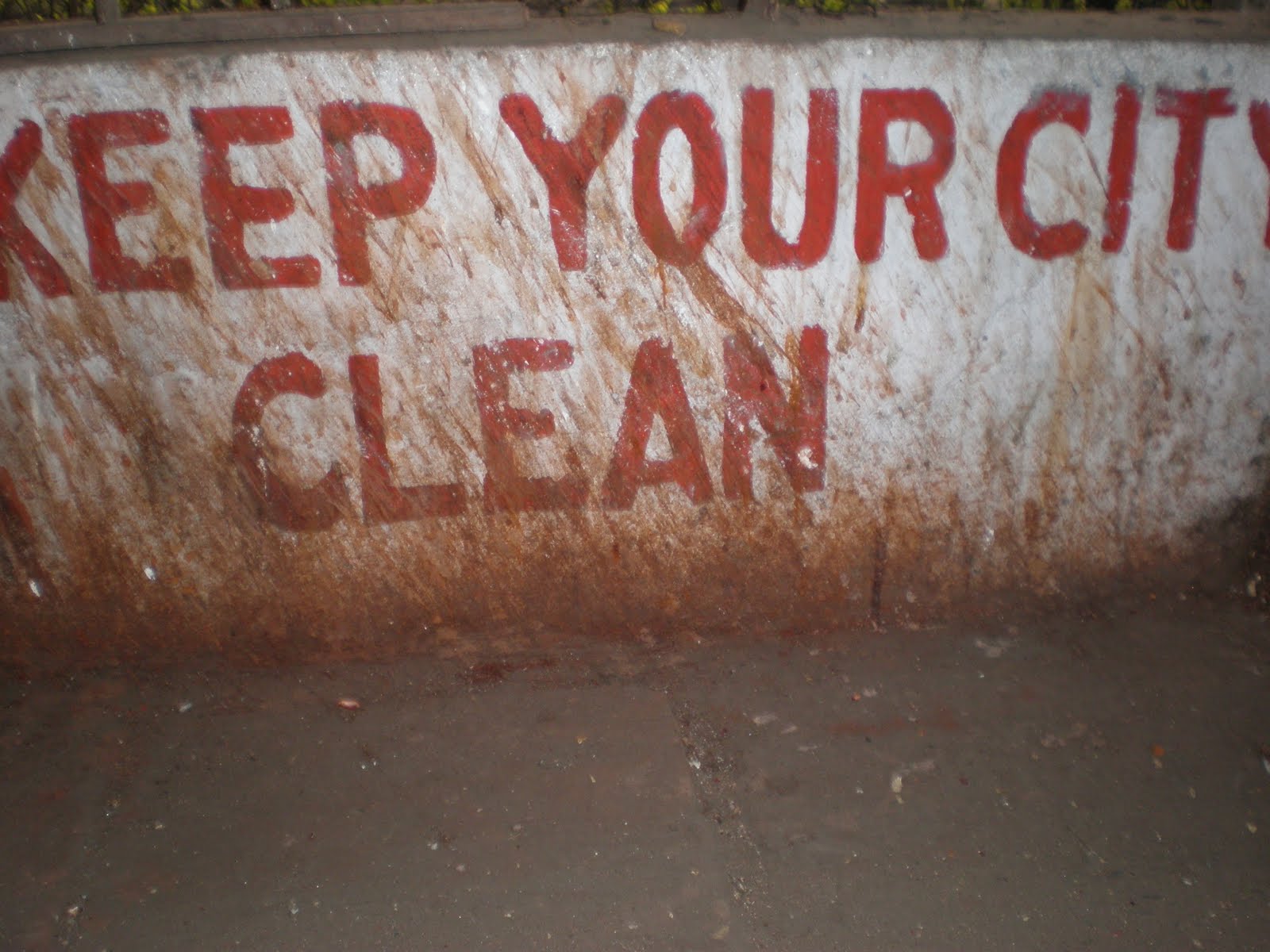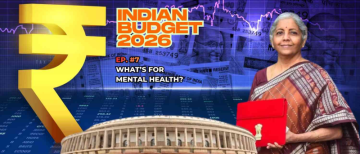As India rapidly modernizes, building world-class infrastructure and boasting a growing global economy, a crucial question lurks beneath the surface: Are we forgetting how to live together as responsible citizens? From road rage incidents and public littering to an increasing sense of intolerance, the visible decline of civic sense in India is more than just a behavioral concern—it is a threat to the very fabric of coexistence in a diverse democracy.
In this article, we explore the multiple layers behind this growing problem—what is causing the decline in civic sense, how it impacts urban and rural life, and what must be done to revive a sense of shared responsibility and harmony.

What is Civic Sense, and Why Does It Matter?
Civic sense refers to social ethics, consideration for fellow citizens, and public responsibility. It includes:
-
Respect for public property and spaces
-
Basic hygiene and cleanliness
-
Following rules and laws
-
Consideration for others’ rights
-
Tolerance for diversity of opinions, beliefs, and cultures
In a nation as vast and diverse as India, civic sense is the invisible glue that holds different people together. It transforms crowded cities into communities and chaotic streets into functional societies.

Alarming Indicators of Civic Decline in India
India is facing a civic crisis that manifests in daily life, almost normalized at this point. Let's look at some of the glaring indicators:
1. Littering and Public Filth
Despite nationwide campaigns like Swachh Bharat Abhiyan, public places continue to be dumping grounds. People casually throw garbage from car windows, urinate on public walls, and leave picnic spots dirtier than they found them.
Why it matters: Filth not only degrades aesthetics but also leads to serious public health concerns and damages tourism.
2. Traffic Indiscipline
Driving on the wrong side, ignoring traffic signals, road rage, and honking incessantly are all part of the daily Indian commute.
Why it matters: India ranks among the top countries in road accident deaths. Civic sense here can literally be a life-saver.
3. Noise Pollution
Be it religious processions, loudspeakers during festivals, or late-night parties, personal celebration often trumps public peace.
Why it matters: Civic responsibility requires respecting others' right to peace and sleep, especially in urban areas where density is high.
4. Encroachment and Vandalism
Footpaths occupied by vendors, illegal parking, political posters on walls, and damage to public infrastructure reflect a widespread disregard for public resources.
Why it matters: Encroachment restricts mobility, and vandalism increases public expenditure on repairs and maintenance.
5. Lack of Empathy and Intolerance
From communal clashes to online abuse, society is becoming less tolerant of differences. People are quick to take offense and slow to understand.
Why it matters: India's strength lies in its unity in diversity. Intolerance weakens our national identity.

Why Is Civic Sense Declining?
Understanding the root causes is essential to reverse the trend. The decline of civic sense in India can be attributed to several key factors:
1. Lack of Civic Education
Schools emphasize marks and careers, often ignoring value-based education. The importance of civic duties is rarely taught, leading to a population that knows its rights but not its responsibilities.
2. Poor Role Models
When public figures, celebrities, or politicians break rules without consequences, the message is clear: rules are for the weak. Civic sense cannot thrive in a culture of impunity.
3. Urban Overcrowding and Stress
In cities, people live in survival mode—rushing to work, enduring traffic, facing pollution and inflation. Courtesy and cooperation often take a backseat to stress and competition.
4. Erosion of Community Values
Traditional Indian communities emphasized collective living and mutual respect. With urbanization and nuclear families, community bonds have weakened, and with them, civic responsibilities.
5. Social Media and Instant Outrage
Digital anonymity has created a culture where people express anger and hate without filters. Social media, instead of building bridges, often becomes a space for aggression and misinformation.
The Consequences of Poor Civic Sense
The cost of eroding civic behavior is not just moral—it’s economic, social, and political.
Economic Costs
-
Public infrastructure suffers more wear and tear.
-
Cleaning and maintenance costs rise, straining taxpayer money.
-
Tourism suffers, especially in urban hotspots plagued with filth and chaos.
Social Costs
-
Trust deficit grows between communities.
-
Mental health deteriorates in chaotic, unkind environments.
-
Youth develop apathy, perpetuating the cycle.
Political Costs
-
Public apathy allows corruption and inefficiency to flourish.
-
Voter turnout and civic engagement remain low.
-
Democratic values weaken when citizens stop caring about each other.
Can We Revive Civic Sense in India?
The answer lies in individual awakening, institutional reform, and cultural revival. Here are some actionable ways forward:
1. Civic Education from School Level
Introduce dedicated subjects on civic responsibility, empathy, ethics, and coexistence from primary classes. Activities like community service should be integrated into school life.
2. Strict Enforcement of Laws
Whether it’s traffic rules or littering fines, there must be visible consequences for civic violations. CCTV surveillance and community policing can play a big role.
3. Role Models and Public Campaigns
Celebrities, influencers, and leaders must walk the talk. Public campaigns should focus on behavioral change, not just slogans.
4. Local Community Initiatives
Resident welfare associations, youth clubs, and local NGOs should be encouraged to take ownership of their neighborhoods. Cleanliness drives, community gardens, and public feedback systems create a sense of belonging.
5. Digital Responsibility
As citizens of the digital world, we must practice digital civic sense—fact-checking before sharing, avoiding hate speech, and promoting constructive dialogue online.
6. Reward Systems
Instead of just punishing bad behavior, reward good civic practices. This could be in the form of tax rebates for clean societies, public appreciation campaigns, or civic awards.
A Call to Action: Be the Change
The decline of civic sense in India is not irreversible. But to reclaim it, we must first stop pointing fingers and start looking in the mirror. Civic behavior is not about grand gestures—it begins with everyday actions:
-
Dispose your garbage properly.
-
Don’t honk unnecessarily.
-
Help the elderly cross the road.
-
Follow traffic rules even when no one’s watching.
-
Speak with kindness, even in disagreement.
We often say, “Yeh India hai, yahan kuch nahi badlega.” But India is us. If each of us takes responsibility, we can redefine what it means to be a citizen—not just of a country, but of a shared world.
Final Thoughts
India may be growing economically, but true progress will be measured by how we treat each other and the spaces we live in. Civic sense is the foundation of a civilized society—it determines whether we live in harmony or hostility. The choice is ours.
Let’s not wait for another campaign or tragedy to wake us up. The time to act is now. Because a better India begins with a better citizen—and that citizen is you.
With inputs from agencies
Image Source: Multiple agencies
© Copyright 2025. All Rights Reserved Powered by Vygr Media.





























